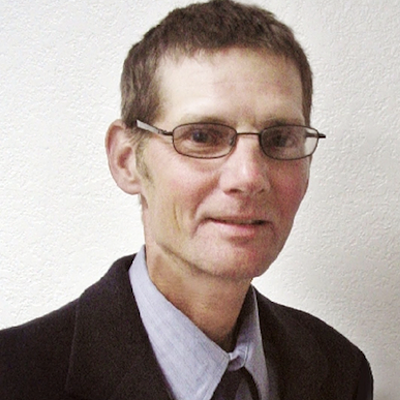In some of those states, the judiciary--arguably the most august of our three branches of government and certainly the one intended to be above the fray--resembles more the rough and tumble of partisan politics than an independent body administering the law in the service of some semblance of justice.
The danger to judicial independence is so serious that former Supreme Court Justice Sandra Day O'Connor made it the focus of her opening address to a Fordham Law School conference held last month in New York. "Judicial independence is a bedrock principle, and we're losing it," she said, as reported by the Brennan Center for Justice at New York University's School of Law.
As part of her remarks, O'Connor cited the uproar during the Terri Schiavo case. Some voices called for the impeachment of judges involved in the case of the brain-dead woman.
Even more virulent is the looney tunes movement billing itself as Judicial Accountability Initiative Law. According to its Web site (jail4judges.org), persons chosen by lottery for limited terms "shall have the power to strip judges of their protection of judicial immunity who are the subject of complaints for criminal acts, and to investigate, indict and initiate criminal prosecution of wayward judges." I don't know about you, but if there is a complaint about a judge, I'd much rather have it investigated by a bunch of folks who know what they're doing--say, a state bar association or a commission including representatives from the legal profession--than by Joe Blow down the street who has a sixth-grade reading level (or those barely literate blockheads who came up with the above quote).
Unfortunately, unless someone has reason to appear in court, most people are blissfully ignorant of what judge sits on what court, or for that matter, the judiciary's relationship to the other branches of government. Things are so out of whack, "One-third of Americans can't name the three branches of government, but two-thirds can name a judge on American Idol," said O'Connor.
April events in Wisconsin and West Virginia indicate the problem of judicial independence is more than just academic. Louis Butler, the first and only African American to sit on the Wisconsin Supreme Court, lost his seat after what The New York Times reported as "a nasty, racially charged campaign in which his opponent, Michael Gableman, was aided by a barrage of TV advertising, paid for by the state's largest business lobby."
In West Virginia, the appellate court twice threw out a $50 million verdict against a large coal company in a 3-to-2 decision where the deciding vote was cast by a justice who did not recuse himself despite $3 million in contributions to his election campaign by the coal company's chief executive.
These examples of judicial shenanigans make Arizona's system appear, by comparison, to be a paragon of integrity. In the 50th anniversary issue of Arizona Law Review, authors O'Connor and RonNell Andersen Jones, a visiting faculty fellow at the UA James E. Rogers College of Law, discuss the history of judicial elections (rare before Andrew Jackson charged his way into the White House), merit selection and Arizona's experience with a mixed elective/merit-selection process.
It seems our state has something to teach the rest of the country. "Arizona's sharing of responsibility between a commission for appointment, a commission for evaluation, the governor of the state and the people in retention elections provides the kinds of checks and balances that are critical to our democracy," the article concludes.
Tucson attorneys agree. Though Elliot Glicksman did not succeed in his attempts for a judicial seat, he still thinks, "It's a great system."
"I wouldn't want to go around asking people who are going to appear before me for money," he said--a notion that evidently never entered the mind of the West Virginia judge.
Defense attorney Steve Lesher says Arizona's is a "perfectly reasonable system," adding that it is a "good way to try to make sure we get the best judges."
Screwballs like the people who came up with the "Jail4Judges" campaign--and politicians who denounce so-called "activist" judges when the bench's decision is in keeping with the law rather than popular sentiment--are placing the nation's separation of powers principle at risk. Anyone who cares about democracy should take notice.





